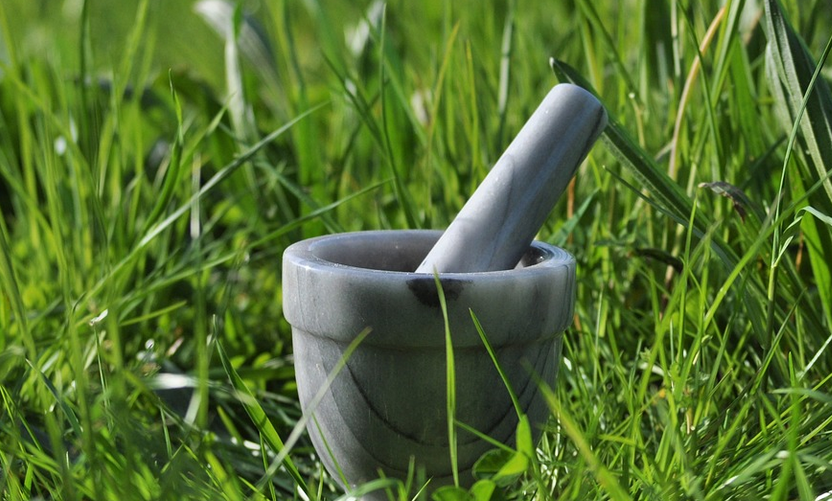Introduction
Alcohol is one of the most popular drinks consumed worldwide. It is a central nervous system depressant that affects the brain and body in various ways. Many people wonder if alcohol can thin the blood and if it has any negative effects. In this article, we will explore the relationship between alcohol and blood thinning.
What is Blood Thinning?
Blood thinning, also known as anticoagulation, refers to the process of reducing the blood’s ability to form clots. This is often done to prevent blood clots from forming in the body, which can lead to serious health problems such as stroke and heart attack.
Does Alcohol Thin Your Blood?
Yes, alcohol can thin the blood. When you drink alcohol, it enters the bloodstream and affects the blood’s ability to clot. This is because alcohol interferes with the production of platelets, which are cells that help with clotting. When platelets are reduced, the blood becomes thinner and takes longer to clot.
How Much Alcohol is Needed to Thin the Blood?
The amount of alcohol needed to thin the blood varies from person to person. However, studies have shown that even moderate alcohol consumption can have a blood-thinning effect. For men, moderate alcohol consumption is defined as up to two drinks per day, while for women, it is up to one drink per day.
What are the Negative Effects of Blood Thinning?
While blood thinning can be beneficial in preventing blood clots, it can also have negative effects. For example, it can increase the risk of bleeding and bruising. This can be especially dangerous for people who are already at high risk of bleeding, such as those with a history of bleeding disorders or those taking certain medications.
Can Alcohol Interact with Blood Thinners?
Yes, alcohol can interact with blood thinners. If you are taking blood-thinning medication, it is important to talk to your doctor about how alcohol consumption may affect your medication. Alcohol can increase the risk of bleeding and may interact with the medication, making it less effective.
How to Reduce the Risk of Bleeding While Drinking Alcohol?
If you choose to drink alcohol, there are steps you can take to reduce the risk of bleeding. For example, you can limit your alcohol consumption to moderate levels, avoid drinking on an empty stomach, and stay hydrated by drinking water in between alcoholic beverages.
Conclusion
In conclusion, alcohol can thin the blood and increase the risk of bleeding. While moderate alcohol consumption is generally safe for most people, it is important to be aware of the potential risks associated with blood thinning. If you have concerns about alcohol consumption and its effects on your health, it is recommended that you speak with your healthcare provider.

